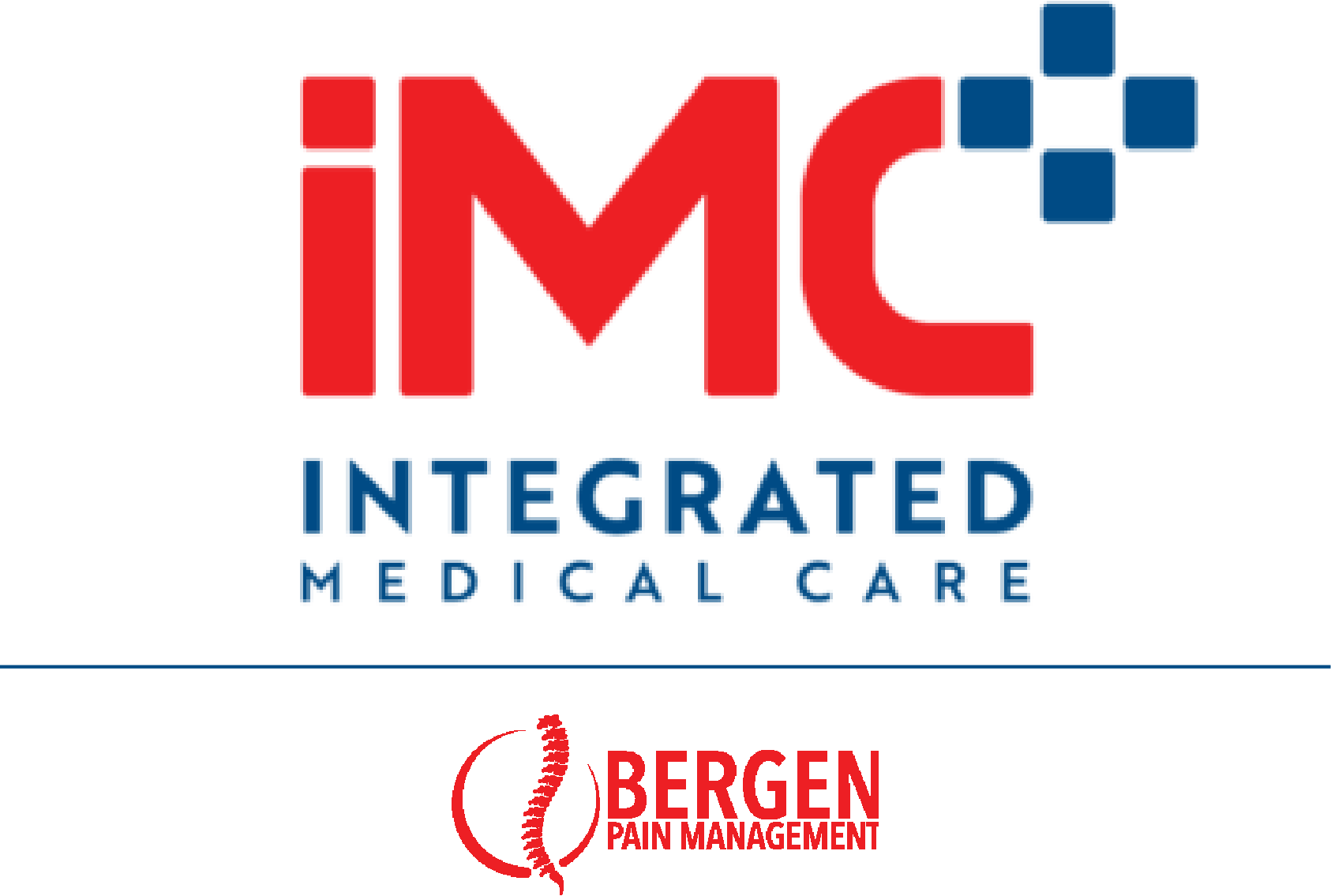
Chronic Fatigue Syndrome Treatments in Northern New Jersey
You lead a busy life, but that doesn’t mean that a constant feeling of fatigue should be a part of it. For thousands of Americans, the effects of chronic fatigue syndrome (CFS) go undiagnosed but still leave a lasting impact on their lives. At Bergen Pain Management in Northern New Jersey, we specialize in non-surgical treatments to address a variety of pain and ailments. Our team, including board-certified Dr. Thomas Ragukonis, is ready to help answer your questions, put your mind at ease and offer non-invasive treatments to help you fight CFS and get back to taking on your days with confidence and energy. Explore how our team can help you in Paramus, West New York, Union, Berkely Heights, and Madison, NJ.
Understanding This Complicated Disorder
CFS, also known as myalgic encephalomyelitis (ME) or systemic exertional intolerance disease (SEID), is a syndrome characterized by extreme fatigue lasting six months or more. Aside from the consistent fatigue, CFS can be particularly frustrating, as it is not explained by other underlying medical conditions. Some experts believe it may be brought about by viral infection or immune system complications, while others cite psychological strain or hormone imbalance. A constant state of fatigue due to CFS has led to social isolation, depression, and the general inability to go about your day as normal, occasionally confining those afflicted to their beds. While symptoms can be found in patients of nearly any age, it most commonly affects young to middle-aged adults.
Chronic Fatigue Syndrome Symptoms
The main and most common symptom of CFS is fatigue often described as serious and sudden. You may be experiencing symptoms of CFS if you feel this level of fatigue that is not the result of ongoing activity or activity that requires more than usual effort. This chronic fatigue should also not be alleviated by a full night’s sleep. You may also experience post-exertional malaise (PEM), which worsens your symptoms after physical or mental activity.
Additionally, in order for a proper CFS diagnosis, you should either have difficulty concentrating or remembering information or suffer from orthostatic intolerance, which results in dizziness or lightheadedness when moving from lying or sitting to standing.
How To Treat CFS

Considering how little is known about this condition, chronic fatigue syndrome treatments are often as psychologically based as they are physical. Many patients will find that learning to cope with CFS is the first step. Understanding what activities tend to cause the most strain and learning to make necessary lifestyle changes is a great way to help pinpoint external sources for your fatigue.
Therapy provides comfort in the form of counseling and non-aggressive exercise. Learning to address your sleep struggles and tone down physical activity while avoiding stagnation can help you make strides. Some find that support groups help them better deal with the condition.
Medications are also available to treat CFS, including over-the-counter medications and those that are designed to treat conditions with similar symptoms, such as depression and fibromyalgia.

